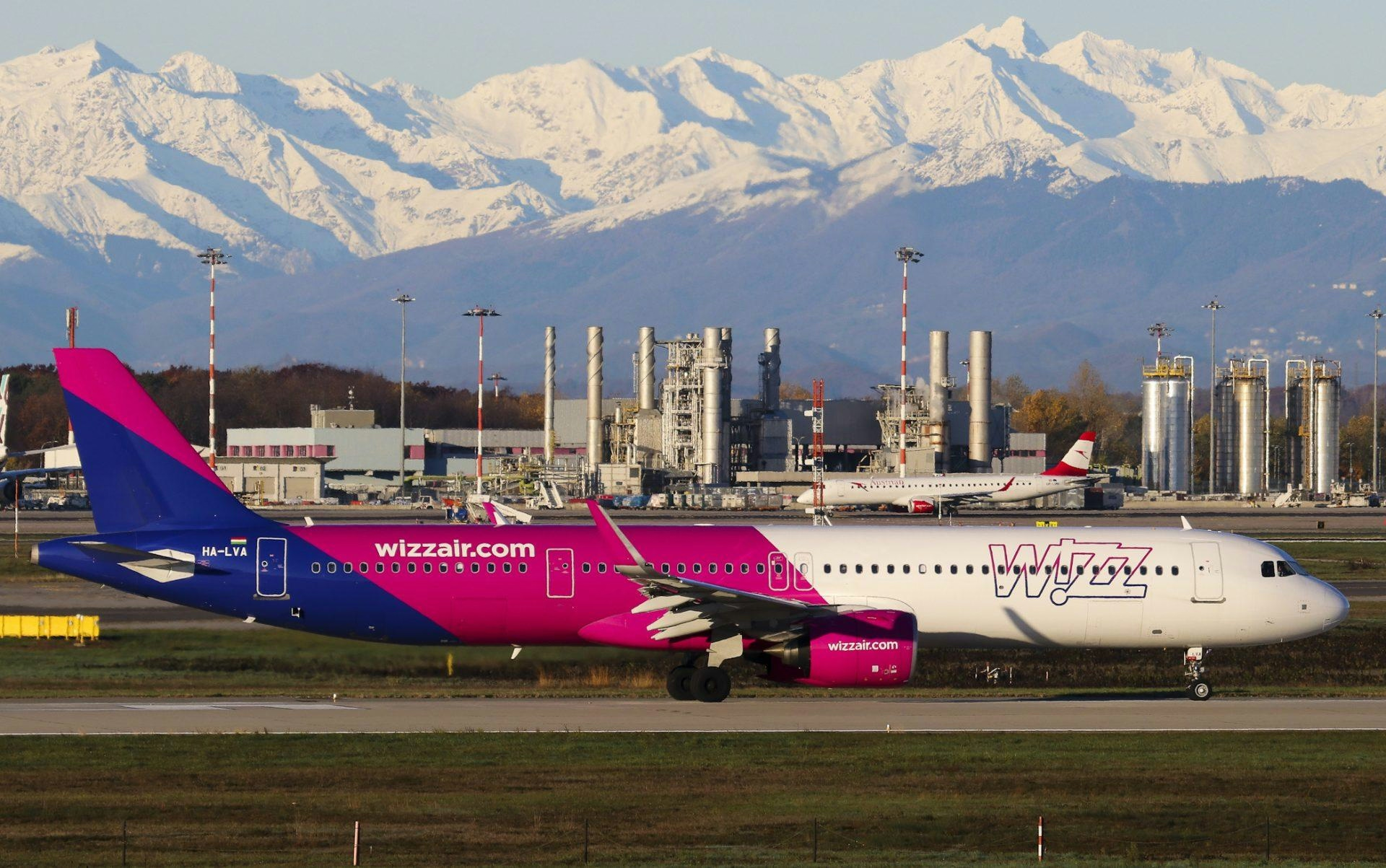AeroGenie — 您的智能副驾驶。
热门趋势
Categories
Wizz Air May Delay 100 Airbus Deliveries Until Next Decade

Wizz Air May Postpone Delivery of 100 Airbus Aircraft Until Next Decade
Fleet Expansion Plans Under Review Amid Operational Challenges
Wizz Air is reportedly negotiating with Airbus to defer the delivery of approximately 100 aircraft from its existing order book, potentially delaying these arrivals until after 2030. The Hungarian low-cost carrier, which currently has close to 300 narrowbody jets on order with the European manufacturer, is reassessing its fleet expansion strategy in response to slowing growth and mounting operational difficulties.
Sources familiar with the discussions, cited by Bloomberg, indicate that the aircraft initially scheduled for delivery between now and 2030 could be postponed, although no final agreement has yet been reached. This potential deferral coincides with Wizz Air’s ongoing struggle to manage the grounding of nearly 25% of its next-generation fleet, affected by persistent engine issues related to Pratt & Whitney’s PW1000G turbofan engines. These technical problems necessitate extensive inspections and repairs, which are expected to disrupt the airline’s operations through at least the end of 2027.
Impact on Capacity Growth and Industry-Wide Supply Chain Pressures
Should the deferral proceed, Wizz Air’s annual capacity growth would be limited to 10%, a reduction from the previously targeted 14%. This adjustment reflects not only the airline’s internal challenges but also broader pressures facing the global aviation industry. The sector is currently contending with a record backlog exceeding 17,000 aircraft, compelling many carriers to reconsider their fleet acquisition plans. The International Air Transport Association (IATA) has warned that ongoing supply chain disruptions could cost the industry up to $11 billion in 2025, further complicating delivery schedules and operational planning.
Wizz Air’s situation exemplifies these wider difficulties. The airline, which operates an all-Airbus fleet, has already revised its order book by scaling back its commitment to the A321XLR model to between 10 and 15 aircraft, reallocating remaining orders to other variants. The closure of its Abu Dhabi-based subsidiary and the persistent engine troubles have been significant factors influencing these decisions.
Industry Response and Outlook
Competitors across the aviation sector are also expected to adjust their fleet expansion and operational strategies in response to similar delays and supply chain constraints. As airlines navigate these uncertainties, maintaining flexibility in fleet planning has become increasingly essential.
Requests for comment have been made to both Wizz Air and Airbus. Further updates will be provided as more information becomes available.

Emirates Unveils Cabin Design for New Boeing 777X

Eighteen Years On, the Airbus A380 Remains Central to a $34 Billion Airline

How a boom in luxury airline seats is slowing down jet deliveries

Navitaire Outage Attributed to Planned Maintenance

DigiYatra Debuts Outside Aviation at India AI Impact Summit

Vietnam Orders Strengthen Boeing’s Commercial Outlook

Airbus Signals Uncertainty Over Future A400M Orders

JobsOhio Awards $2 Million Grant to Hartzell Propeller for Innovation Center

Collins Aerospace Tests Sidekick Autonomy Software on YFQ-42A for U.S. Air Force CCA Program

How the Airbus A350-1000 Compares to the Boeing 777
